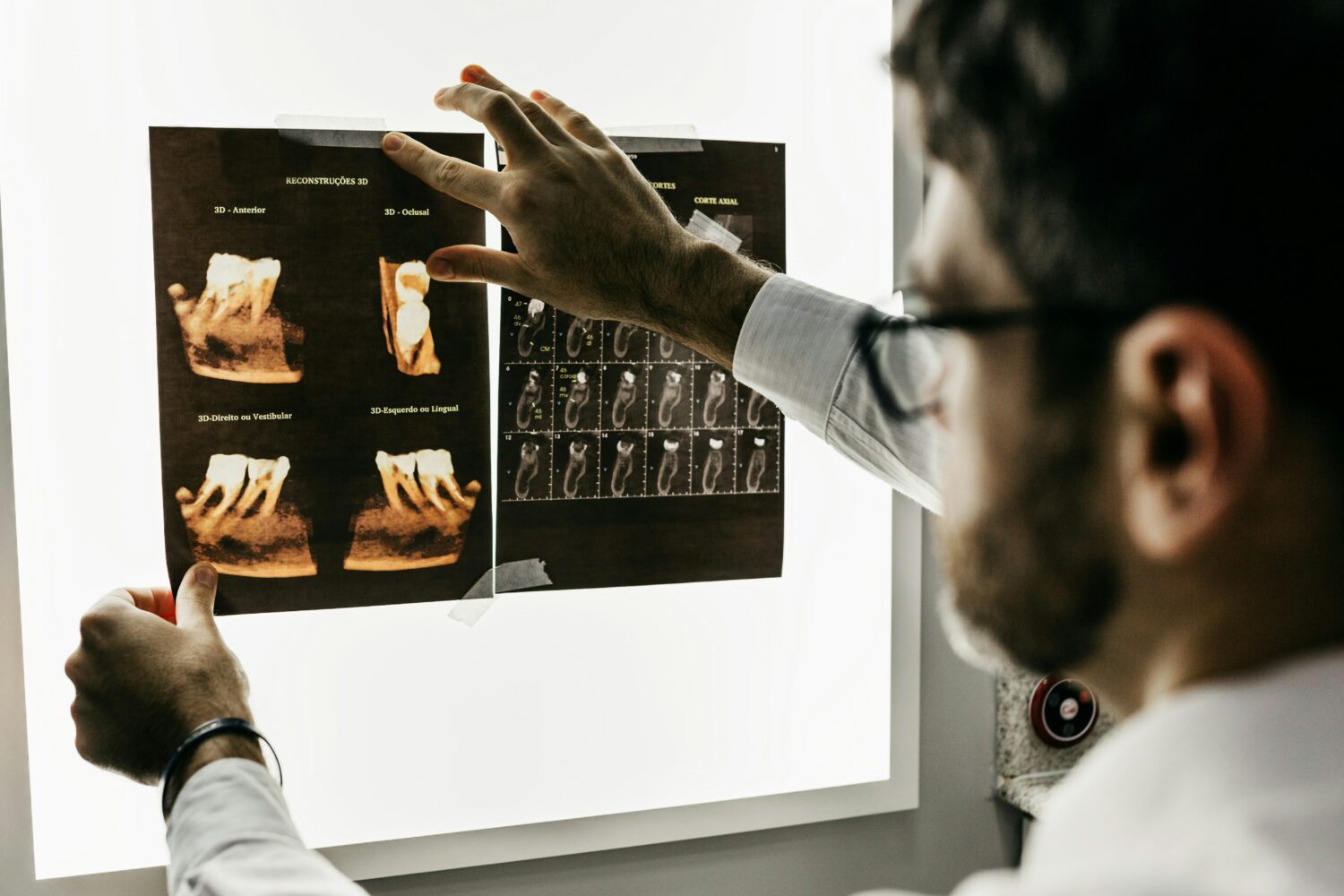
With the influx of technology, the healthcare industry has experienced tremendous change over the years. More and more healthcare facilities are investing in innovative tools that can help automate and significantly improve a patient’s diagnostic testing experience. In this article, let’s explore the myriad benefits of healthcare automation and how it has revolutionized the diagnostic testing process and made it a positive patient experience.
Efficient Scheduling
With the number of patients coming in for their diagnostic tests, schedule conflicts are common, especially in large and conventional healthcare facilities. Healthcare automation can reinforce communication between healthcare institutions and patients by streamlining the scheduling process. A smart scheduling system can make it easier and more convenient for patients to book diagnostic test appointments, lessening the chances of scheduling errors and unnecessary delays.
Increased Test Results Accuracy
Diagnostic tests are integral to understanding the primary cause of a patient’s symptoms. It is essential that test results are analyzed and interpreted accurately and promptly. Healthcare automation eliminates the risks of medical errors, ensuring that patients receive treatments that best suit their health conditions.
For instance, male clients who are interested in undergoing Testosterone Replacement Therapy must first complete a comprehensive blood work to make sure they’re healthy enough for the treatment. An automated system can analyze and categorize blood samples proficiently, removing human bias and increasing the clinic’s overall efficiency.
Faster Data Access
Patient data management has long been a concern of healthcare facilities. With automation, medical professionals can easily retrieve patient information during diagnostic testing and efficiently exchange crucial data with other concerned departments.
These automated innovations have decreased the turnaround time for data exchange across participating healthcare organizations. In addition, they made it easier for healthcare facilities to organize their patient and medical data, making the former more efficient in analyzing a patient’s test outcomes.
Reduced Wait Time
One common complaint of patients in diagnostics centers is the overall visit time. Chatbots, AI assistants, and other digital assistants can make a patient’s hospital or clinic visit more productive and shorter than usual. With these automated solutions, patients don’t need to wait for hours for their name to be called for testing, nor do they have to repeatedly provide their information to the attending medical professionals. They can finish all their diagnostic tests within minutes, making it more favorable for everyone.
Enhanced Patient Privacy and Security
Paper-based records can compromise patient confidentiality and security. Automated systems can help healthcare facilities remain regulatory-compliant and prevent unauthorized individuals from accessing vital patient information. Patients need not worry about their private details being shared and used without consent whenever they undergo diagnostic testing.
Endnote
For years, automation has been disrupting the healthcare industry. It has since displaced traditional and outdated healthcare processes preventing healthcare facilities from delivering quality care to their patients. Automation technologies can efficiently boost healthcare facilities’ efficiency in providing quality patient care. They can also help patients feel more secure, comfortable, and confident during their diagnostic tests and all their hospital visits.
